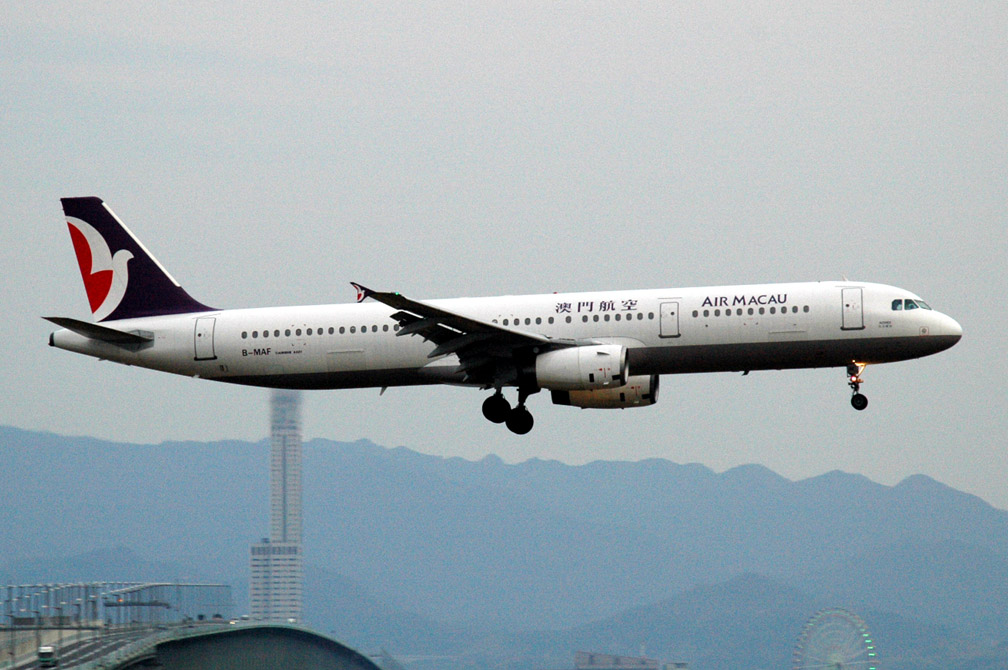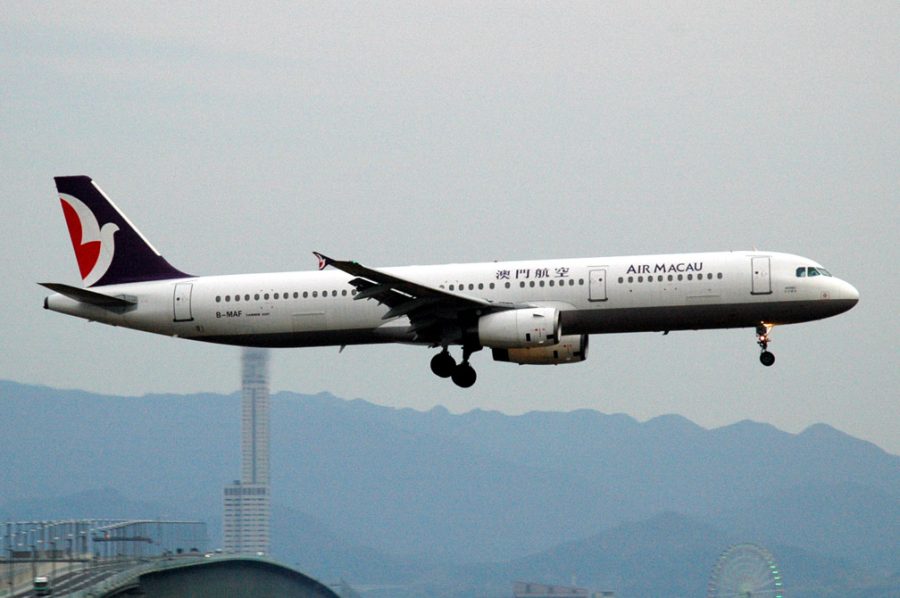Macau, China, 24 Jun – Air Macau shareholder SEAP (Serviços, Administração e Participações), a consortium that includes TAP Air Portugal and BNU (part of Portuguese banking group Caixa Geral de Depósitos), initiated legal proceedings in the Court of Macau to block the financial restructuring of the Macau airline.
Carlos Pimentel, TAP’s representative at Air Macau, spoke to Portugal’s Lusa News Agency and justified the legal action by saying that the financial restructuring is an attempt "to correct a financial situation without creating a plan that will help the company return to profit".
At the airline’s annual shareholders meeting held in April, Air Macau approved reducing its share capital from 400 million patacas (around US$50 million) to one million patacas, with shareholders maintaining their stakes in the airline.
Upon confirmation of the capital reduction to 1 million patacas – which is being challenged in the suit – SEAP would own 200,000 patacas of that amount, compared to the current 80 million patacas, which corresponds to a 20% stake.
The reason for the capital reduction has to do with the airline having accumulated losses of around 500 million patacas, which is more than half of its share capital and according to Macau legislation, this requires the airline to either file bankruptcy, reduce capital or reintegrate assets.
According to the company’s plan, after the airline’s capital reduction, each shareholder would proportionally contribute their share up to 200 million patacas, with the remaining 200 million patacas remaining in the hands of the Macau Government to be re-acquired at a later stage.
SEAP voted against the plan because it "did not want to put money into a bottomless pit," said Carlos Pimentel, who added that just in the first five months of 2009 Air Macau accumulated over 153 million patacas in losses.
"We do not want to run Air Macau into the ground. Also, we want the objectives of the company to change so that it returns to profit," he said.
"Air Macau has to adopt new procedures and a plan to ensure its economic viability, otherwise it’s another cash injection into a bottomless pit, because the losses continue and will continue if the plan does not change," he said.
SEAP will not inject more money into the airline as it believes that after a capital reduction it would have an insignificant position in the airline, which would reduce TAP’s and BNU’s possibility of having any active role in the company.
The law suit, which was reported by Macau newspaper Ponto Final, could block the plan from moving forward and keep SEAP’s position at a time when TAP reiterated its willingness to sell its stake in Air Macau.
Air China, through its subsidiary China National Aviation Corporation (Macau) Company Limited, indirectly owns 51 percent of the issued share capital of Air Macau.
The other substantial shareholders of Air Macau are Serviços, Administração e Participações, Limitada and Sociedade de Turismo e Diversões de Macau, which own 20 percent and 14 percent of the share capital of Air Macau, respectively.
The Government of Macau SAR owns 5 percent of the share capital of Air Macau.
Air Macau flies to Beijing, Shanghai, Chengdu, Guilin, Kunming, Nanjing, Hangzhou, Changsha, Guiyang, Shenzhen, Haikou, Sanya and Xiamen on mainland China; Taipei and Kaohsiung in Taiwan; and Osaka (Japan), Bangkok (Thailand), Seoul and Pusan (South Korea) and Manila (Philippines).
(MacauNews)






